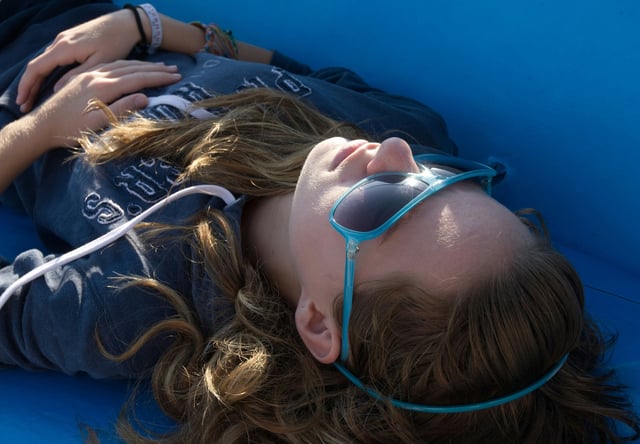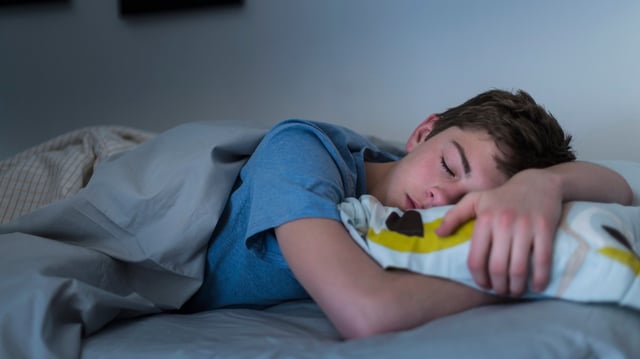Overview
- Researchers analyzed data from over 3,200 adolescents in the ABCD Study using Fitbits to track sleep patterns and compare them to brain scans and cognitive test results.
- Adolescents were categorized into three groups, with the group having the earliest bedtimes, longest sleep durations, and lowest sleeping heart rates showing the largest brain volumes and highest cognitive scores.
- Even small differences in sleep duration—just over 15 minutes—were linked to measurable differences in brain structure and cognitive performance.
- None of the groups achieved the recommended eight to ten hours of sleep for their age, highlighting a widespread shortfall in adolescent sleep duration.
- The findings underscore the need for further research into factors driving later bedtimes and shorter sleep in teens, such as technology use or biological shifts in body clocks.


